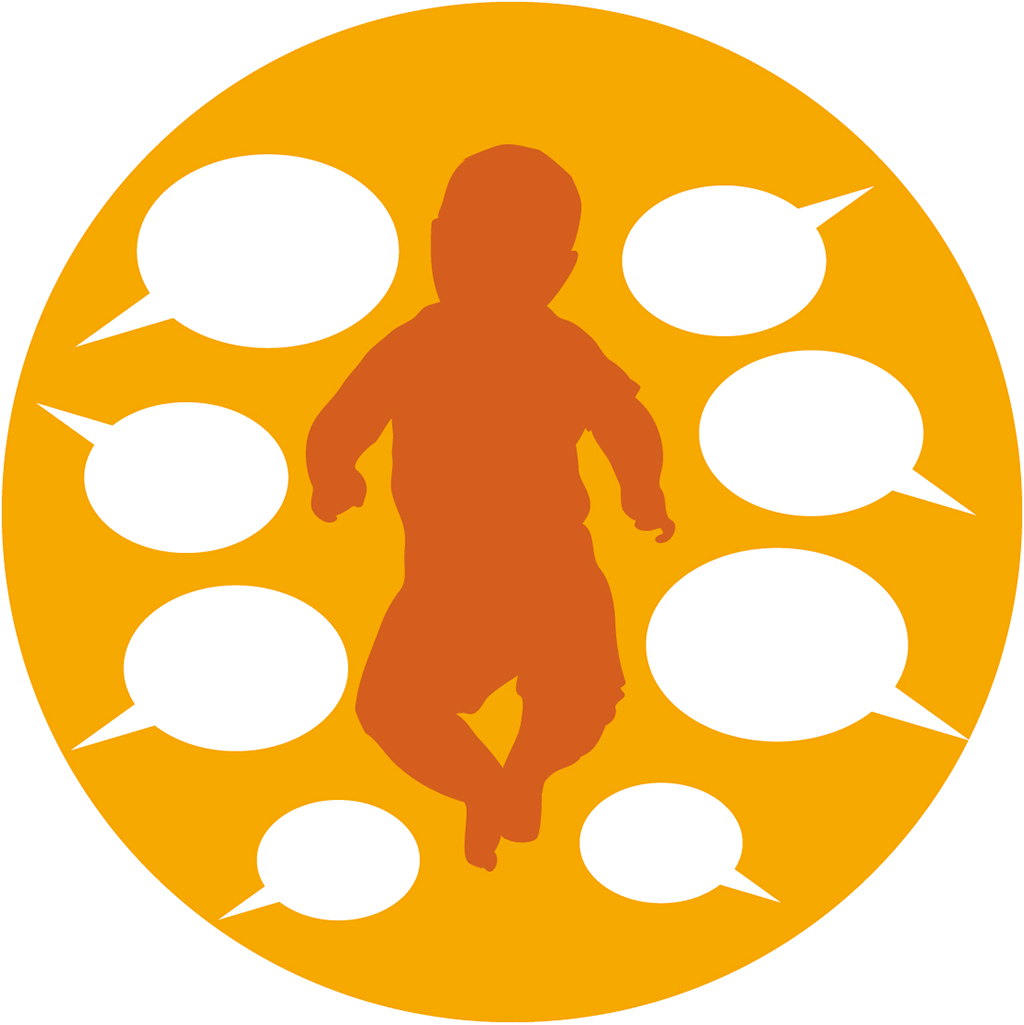
As we get older, our behavior and skills change. Developmental psychologists study the stages we go through and what influences our development. Their research has had a huge impact on child care and education, and has helped explain certain behaviors by linking them to problems in early life.
LOOK WHO’S TALKING

Babies mimic the babbling of their parents within a few weeks of being born. They also start to recognize language at a very early stage, preferring their parents’ speech to that of others. This explains why it is so important for parents to talk to their babies.
SUPERSTITIOUS BEHAVIOR

Some behaviorist psychologists have suggested that accidental reinforcement of a response can lead to superstitious behavior. For example, if you hit a home run every time you wear a certain pair of socks, you might start to associate wearing the socks with playing well, and will wear them for every game.
HANDS-ON LEARNING

Developmental psychologists have argued that children learn best if they have the freedom to use their imaginations. Montessori schools are based on this ideal, and students are encouraged to learn independently through hands-on activities and discussion with their peers, rather than instruction from teachers.
OLDER AND WISER

We really do get wiser as we get older. Our capacity for making good decisions takes a long time to develop. The frontal lobes in our brains, which are responsible for decision making, continue to develop until we reach our twenties. So ask a parent or teacher for advice if you’re not sure what to do.
FEELING SECURE

Many children’s stroller manufacturers are now selling rear-facing designs, following psychological research that showed the importance of parent-child communication in relieving infant stress. If they can see a parent, children feel secure, and are less likely to become distressed.
BAD INFLUENCE

Some psychologists have argued that violence in movies and video games causes children to become violent themselves. The evidence for this theory is not clear-cut, but concerns have led to the introduction of age ratings for movies and games (for example, PG, PG-13, and R), as a precaution.
UNHAPPY HOMES

Psychologists have found that a bad home environment can damage a child’s emotional development, often causing poor academic performance and antisocial behavior that can last well into adulthood. Rehabilitation programs for young offenders often focus on their home lives, in order to prevent future criminal behavior.
DISTANT MEMORIES

Most people cannot remember anything before the age of three. This may be because the way we record and retrieve memories changes at this age. Even so, these early years—when we bond with our caregivers—are crucial to our development, and our experiences at this time can have a lasting impact.